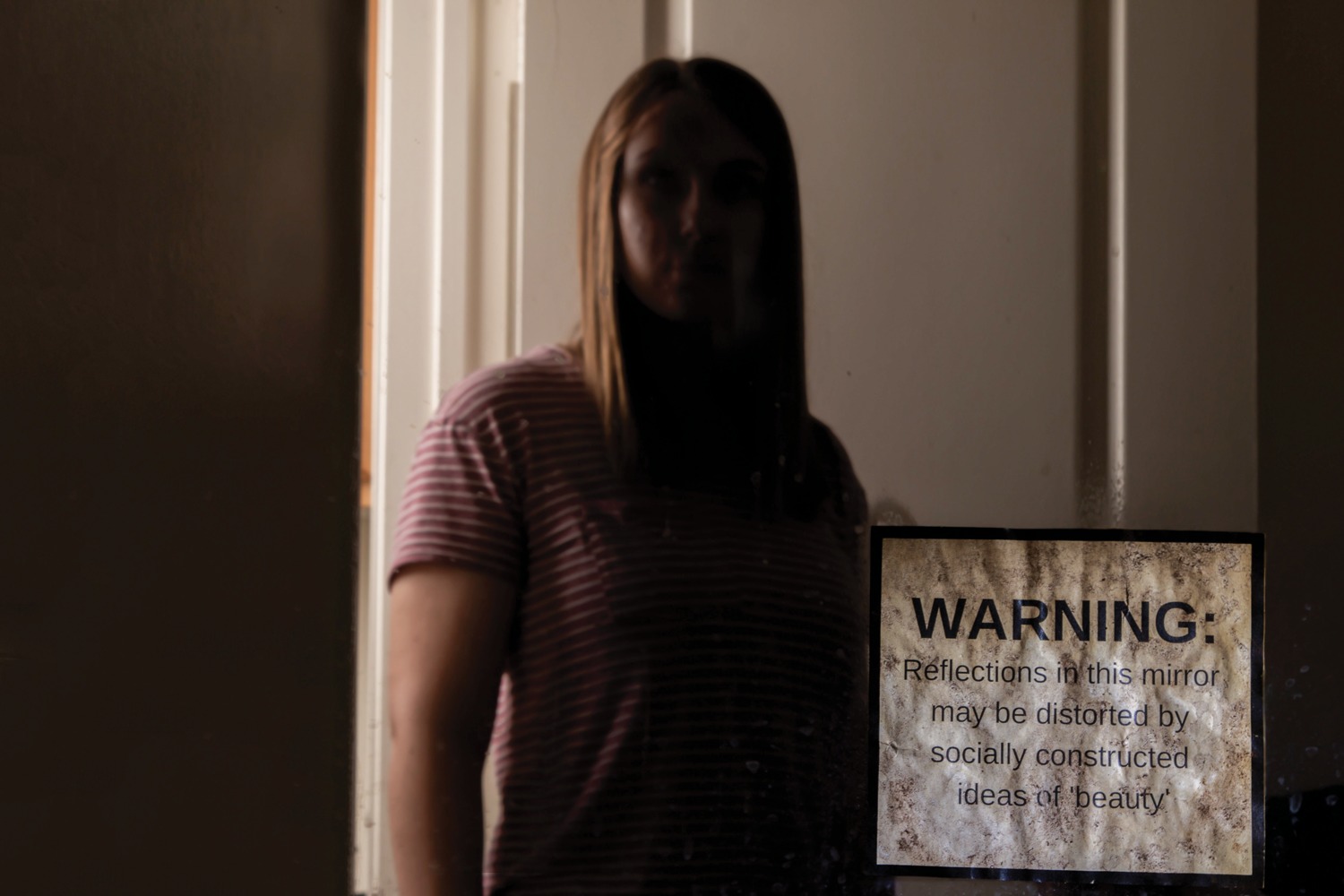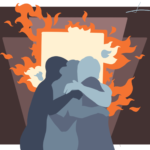
Mental illnesses most commonly surface during adolescence and young adulthood. Among these illnesses are eating disorders.
In order to raise awareness of eating disorders, California Baptist University’s Counseling Center is participating in National Eating Disorder Aware- ness Week, Feb. 25 — March 3.
While the Counseling Center is not holding a speciic event to raise awareness this year, Dr. Natalie Rios, assistant director of the Counseling Center, said they are still raising awareness of eating disorders by distributing pamphlets and flyers around campus.
“Eating disorders can be scary to realize and talk about,” Rios said. “But we are still here to help students through it.”
Common eating disorders include anorexia, bulimia and binge eating disorder. But there are other disorders that do not fall under these categories. According to The Diagnostic and Statistical Manual of Mental Disorders, there is another category called Other Specified Feeding or Eating Disorders.
Rios also stressed that eating disorders are signs of much deeper psychological issues than people believing they are overweight when they are not.
Some CBU students have dealt with eating disorders personally. Emily Sato, freshman early childhood studies major, said she suffered from an eating disorder in middle school.
“Having dealt with an eating disorder myself, I know that it is often overlooked, especially now with societal pressure,” Sato said. “We are all imperfect people in imperfect bodies; we are only perfect in the eyes of the creator. We should be confident in the bodies that Christ made for us.”
While eating disorders tend to be much more common among women, Rios said it is important to acknowledge that men suffer from eating disorders, as well.
“According to a recent survey, about 20 million women and 10 million men will have to suffer with an eating disorder sometime in their life, so it’s important that we don’t shame men who might be dealing with an eating disorder because it’s a serious thing for them too,” Rios said.
Rios said students who worry a friend might be dealing with a disorder should look for warning signs, including never eating in public, major weight fluctuations, meticulous calorie-counting and the tendency to disappear or go straight to the bathroom after eating.
Jillian Hunter, sophomore pre-nursing major, said it is important to have supportive conversations with friends who are showing signs.
“Communication is important because some people might not even realize they have a problem,” Hunter said. “We need to let them know it’s OK if they do, and it’s OK to get help.”
Students worried about eating disorders can use the Counseling Center’s free screening test and follow up with a counselor, or they can call the center directly and schedule an appointment.


